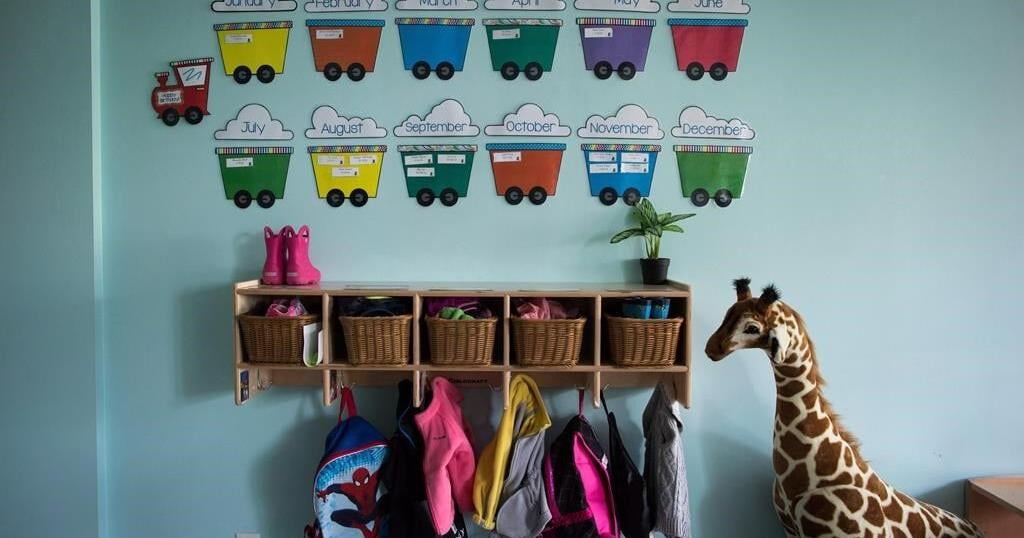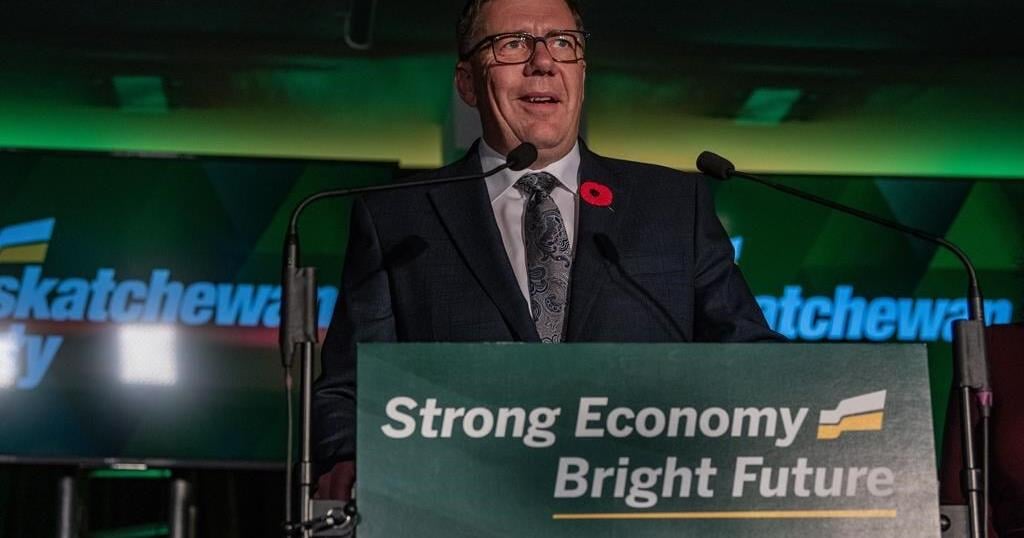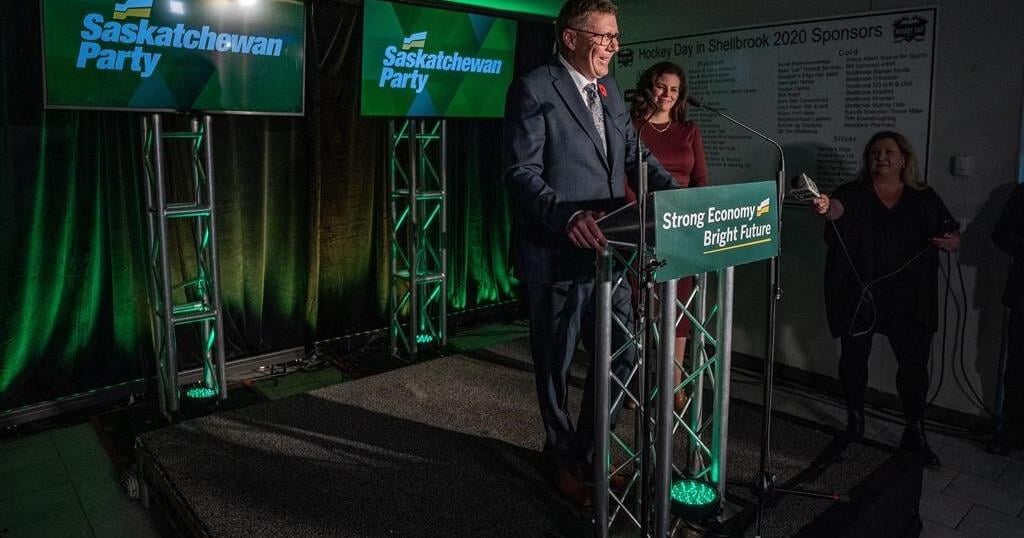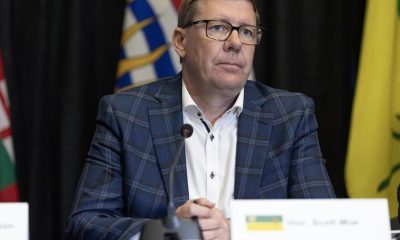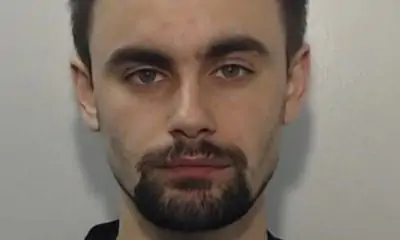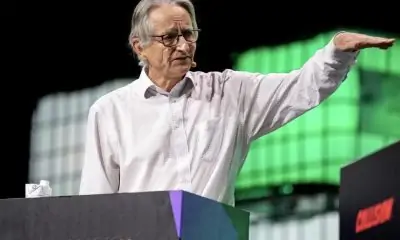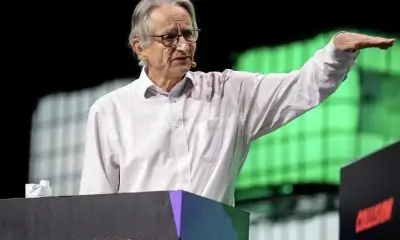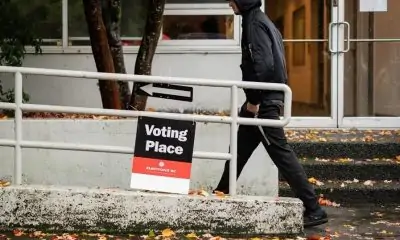The number of newspapers endorsing a candidate for president has dwindled with the industry’s financial troubles the past two decades, in part because owners reason that it makes no sense to alienate some subscribers by taking a clear stand in a politically polarizing time.
Yet in the past week, The Washington Post and Los Angeles Times have angered readers for precisely the opposite reason: by choosing not to select a favored candidate.
The fallout from both decisions continued Monday, with Post owner Jeff Bezos taking the unusual step of publicly defending the move in the columns of his own paper. Three members of the Post’s editorial board resigned their positions and some journalists pleaded with readers to not express their disapproval by canceling subscriptions. Many thousands have already done so.
Bezos, in a note to readers, said it was a principled stand to ditch endorsements. People essentially don’t care and see it as a sign of bias, he said. His comments appeared hours after NPR reported that more than 200,000 people had canceled their Washington Post subscriptions.
If NPR’s report is true, that would be a startling blow to an outlet that lost money and shed staff despite having more than 2.5 million subscribers last year. A Post spokeswoman would not comment on the report.
Subscribers are falling away in recent days
The Times has acknowledged losing thousands of subscribers due to its own decision.
Both newspapers had reportedly prepared editorials supporting Democrat Kamala Harris. Instead, at the behest of Bezos and Patrick Soon-Shiong at the Times, they decided not to endorse. Post publisher Will Lewis called it “a statement in support of our readers’ ability to make up their own minds.”
By announcing their decisions within two weeks of Election Day, however, the newspapers left themselves vulnerable to criticism that their publishers were trying not to anger Republican Donald Trump if voters returned him to power. “It looked like they were not making a principled decision,” said John Woolley, co-director of the American Presidency Project at the University of California-Santa Barbara.
Retired Post editor Martin Baron, on social media, said the decision showed “disturbing spinelessness at an institution famed for courage” and that Trump would see it as a further invitation to intimidate Bezos.
Endorsements have a long history
Back in the 1800s, newspapers were sharply partisan in both their news pages and editorials. Even when a trend toward unbiased news reports took hold in the 1900s, editorial pages remained opinionated and the two functions were kept separate.
As recently as 2008, 92 of the nation’s 100 largest newspapers endorsed either Democrat Barack Obama or Republican John McCain for president. But by 2020, only 54 made a choice between Trump and Joe Biden, according to the presidency project. Figuring there were even fewer this year, Woolley said they aren’t even planning to count.
Studies found readers paid endorsements little heed and, in a digital world, many didn’t understand the distinction between straight news stories and advocacy-driven editorials. In many cases, chain ownership took the decision out of the hands of local editors. At a time the news business is struggling, they didn’t want to give any readers an excuse to leave.
“They really don’t want to rattle or piss off the people who are not going to like their endorsement,” said Rick Edmonds, media business analyst at the Poynter Institute, a journalism think tank. “The solution is just not to do them.”
That hasn’t seemed to fly at newspapers in two large metropolitan areas with liberal populations. The Post, under Baron’s leadership during the Trump administration, saw its circulation spike with aggressive political coverage that frequently angered the former president.
The Post’s decision drew ire from many quarters
Besides Baron, the decision was denounced by Watergate era reporting legends Bob Woodward and Carl Bernstein. Columnists Robert Kagan and Michele Norris said they were quitting the newspaper in protest. Three of the nine members of the Post’s editorial board said they were leaving that role.
Out West, a Los Angeles Times editorial writer, Karin Klein, wrote in the Hollywood Reporter that she was quitting the newspaper. Klein said that while Soon-Shiong had the right to impose his will on editorial policy, by making the non-endorsement so late in the campaign he was effectively expressing the opposite of the neutrality he claimed to seek.
Indeed, timing was the one regret Bezos expressed. “I wish we had made the change earlier than we did, in a moment further from the election and the emotions around it,” he wrote. “That was inadequate planning, and not some intentional strategy.”
In an article about the continuing fallout on the Post’s website Monday, more than 2,000 people left comments, many of them saying they were leaving. Even former GOP congresswoman Liz Cheney said she was canceling.
“From what I’ve seen in recent days, the paper is hearing its subscribers very clearly,” Post media critic Erik Wemple said during an online chat Monday.
There are worries that journalists will be the ones hurt
The protests have left some journalists alarmed, worried that they and their colleagues would only be hurt in the end. The union representing Los Angeles Times workers issued a statement last week that “before you hit that ‘cancel’ button,” recognize that subscriptions help underwrite the salaries of hundreds of journalists.
“The more cancellations there are, the more jobs will be lost, and the less good journalism there will be,” Post columnist Dana Milbank wrote.
It would be better, one commenter on the newspaper’s website said on Monday, to boycott Amazon — founded by Bezos — than the Washington Post.
Milbank said he was angered by the decision, too. He helped organize a protest letter that some of the paper’s columnists signed. But he noted that, except for the endorsement decision, he’s seen no evidence of Bezos interfering in the Post’s editorial operations.
“For the past nine years, I’ve been labeling Trump a racist and a fascist, adding more evidence each week — and not once have I been stifled,” he wrote. “I’ve never even met nor spoke to Bezos.”
The owner said as much in his column. “I challenge you to find one instance in those 11 years where I have prevailed upon anyone at the Post in favor of my own interests,” he wrote. “It hasn’t happened.”
Some newspapers are bucking the trend of non-endorsements. The Oregonian, for example, reversed its decision not to endorse after staying neutral in 2012 and 2016. “We heard the community’s disappointment over our non-endorsements loud and clear,” editor Therese Bottomly wrote in response to a question by Poynter’s Edmonds.
In Cleveland, Plain Dealer Editor Chris Quinn polled his editorial board about whether to make a presidential endorsement. “We don’t delude ourselves about our presidential endorsement impacting voters,” Quinn wrote. “If we are not going to impact voters, why publish something that will anger half our audience?”
He cast the deciding vote. The Plain Dealer endorsed Harris. Quinn had raised the question via text to some of his readers. They felt a non-endorsement would be a betrayal, he wrote — an act of cowardice.
“That was enough for me,” Quinn wrote. “Our duty is to the readers.”
___
David Bauder writes about media for the AP. Follow him at http://x.com/dbauder.


